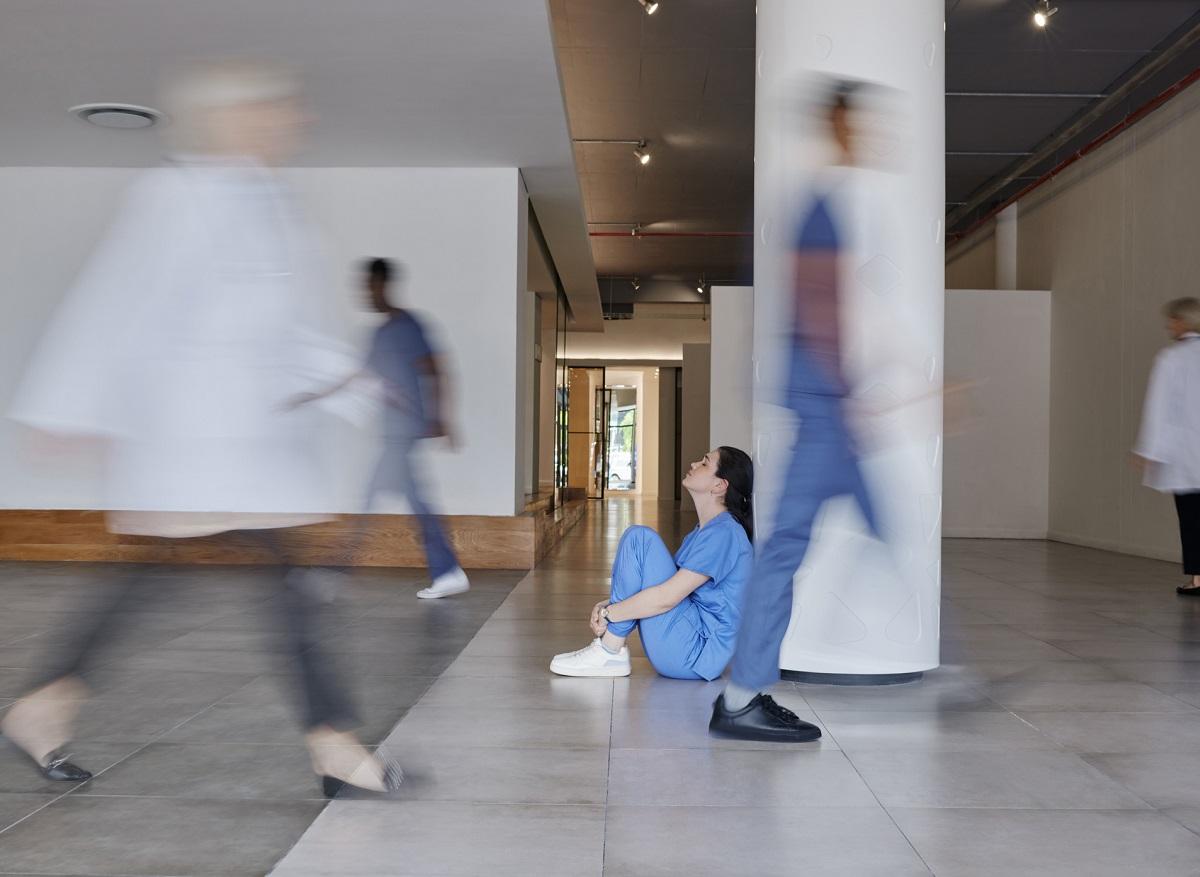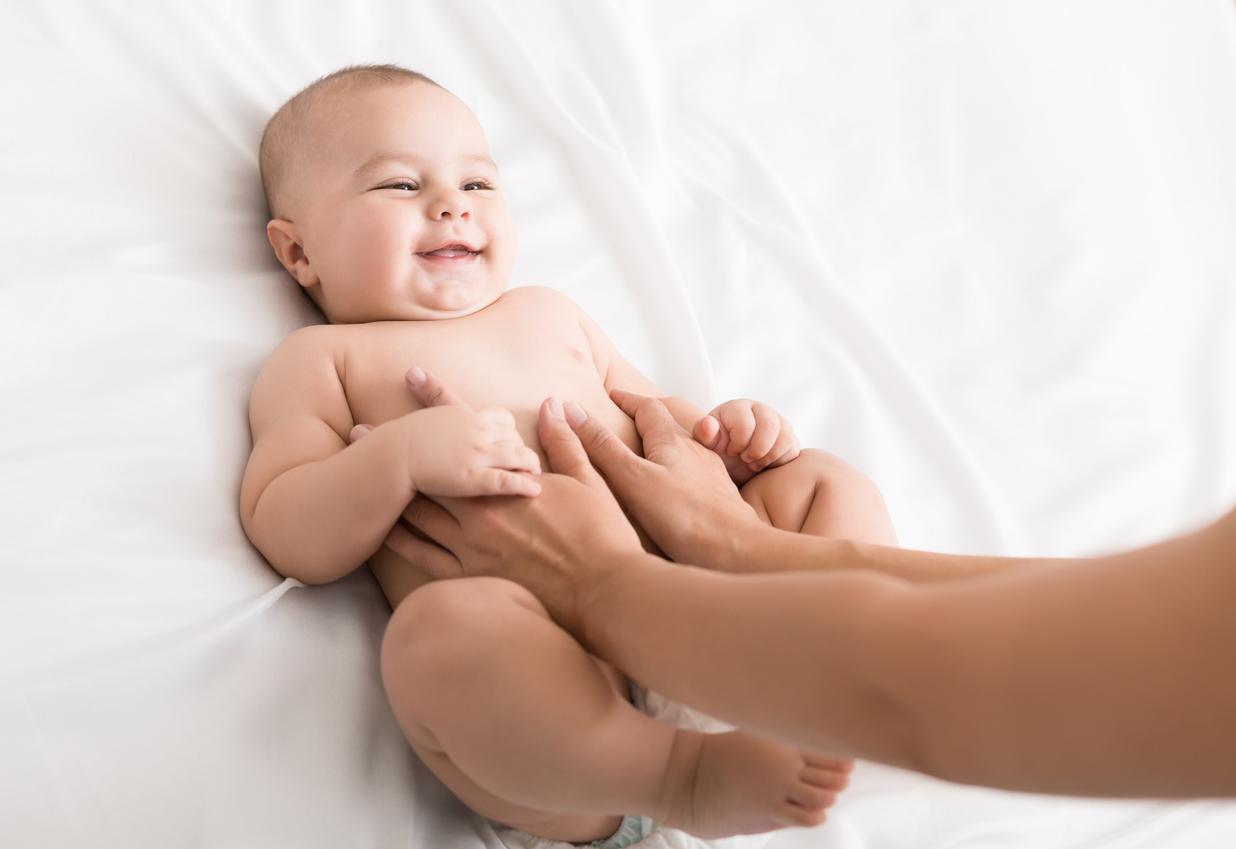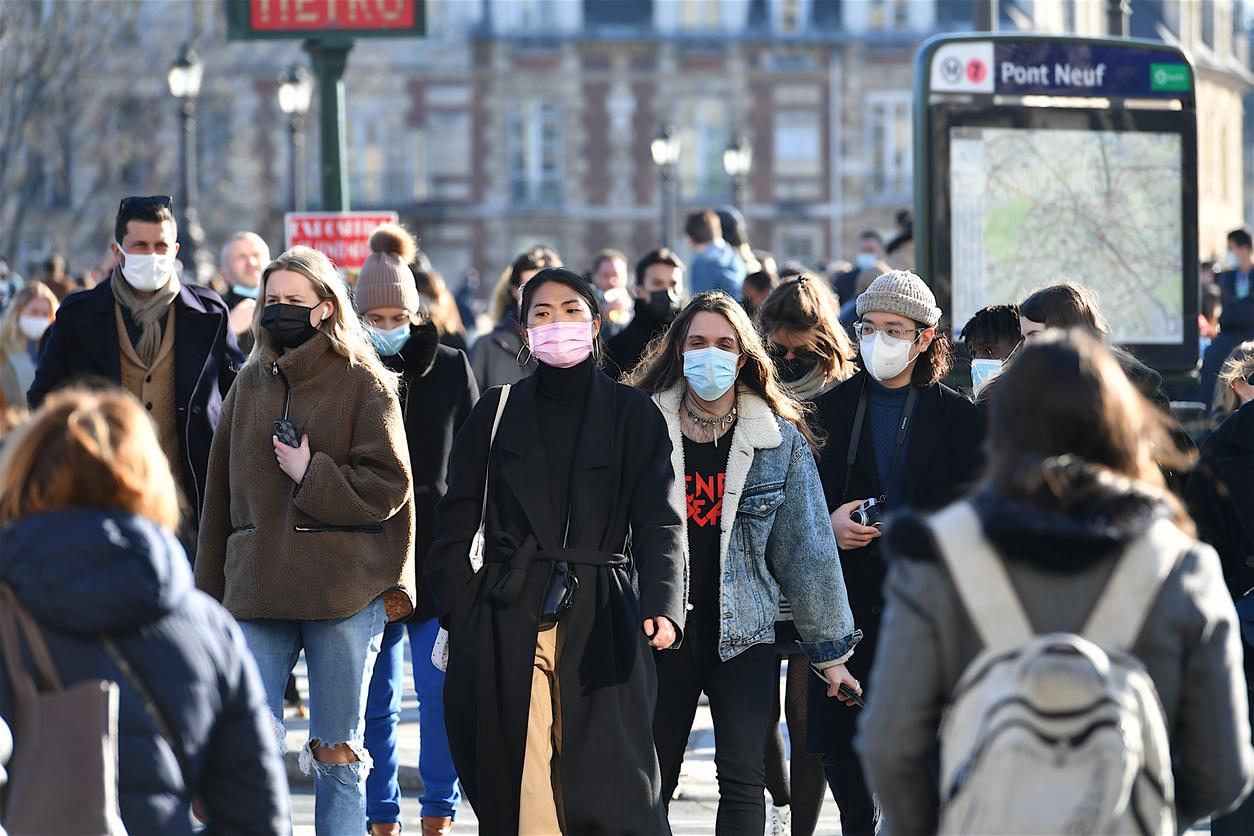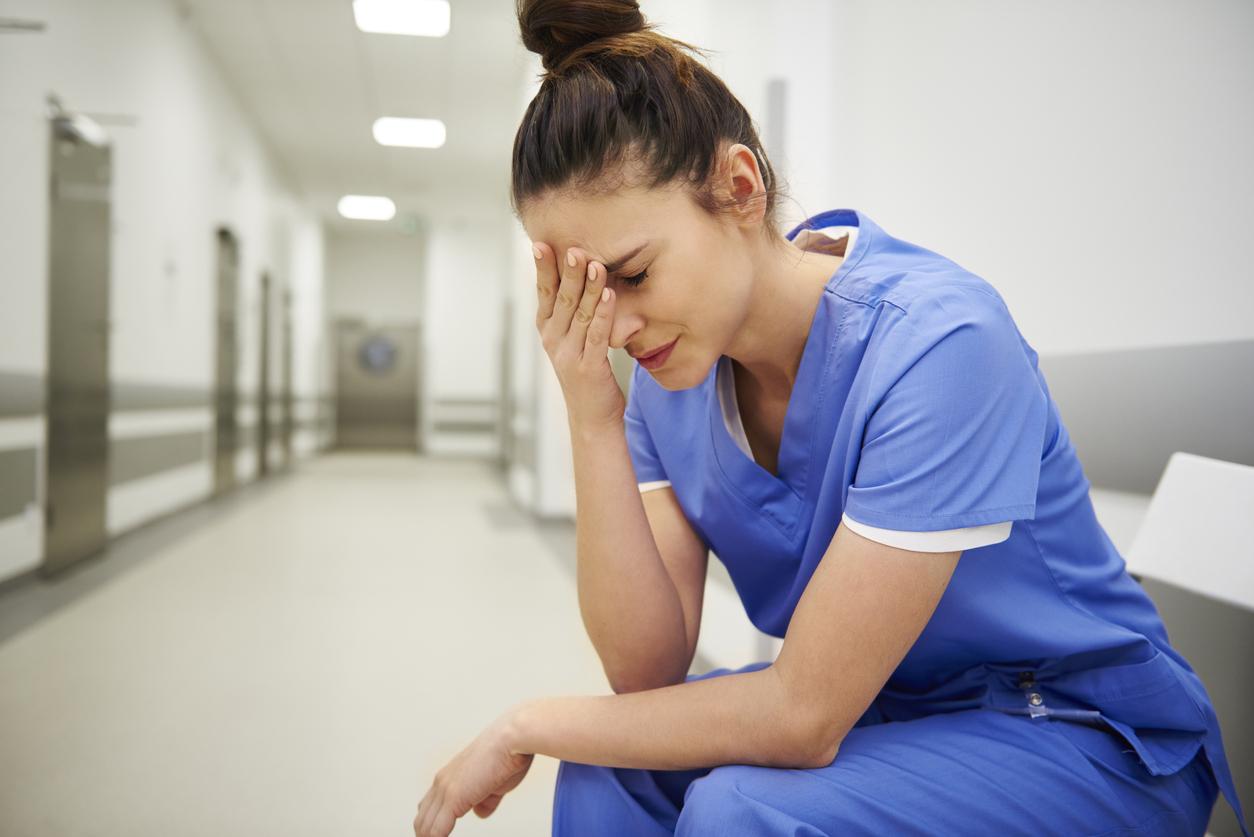A large number of French people have developed chains of solidarity with hospital caregivers and nursing homes. Some confided in us.

Mobilized for several weeks, healthcare workers are on the front line in this fight against the new coronavirus. Faced with the danger of being contaminated, our “hero” are also subject to constant pressure and precarious working conditions. “They don’t have time to eat and hospital cafeterias are closed”explains Olivia, 45, an independent textile agent.
Cakes for caregivers and firefighters
Like many, Olivia felt the need to act: “My activity being at a standstill, I told myself that I could not continue to vegetate at home”. So she joined the movement your Cakeslaunched by Maud Arditti, several relatives of whom are doctors, which consists of making sweet or savory cakes and cakes for hospitals and fire stations. “15 days ago, we were 20, today we are 200, all social categories combined. There is a team in each arrondissement of Paris”. It has integrated the Team Lime XVIand “We take care of Necker, Pompidou, 3 fire stations… It was my breath of fresh air. I was living badly seeing the news and feeling helpless”We she explains.
Those “solidarity cooks” (about 10% are men), respect a very strict health charter: “We cook with gloves and masks. We follow tutorials in order to pack the dishes in the healthiest way possible to deposit them every day in hospitals in complete safety”. Over the course of their deliveries, some of them noticed that by dint of washing their hands and using hydroalcoholic gel, some caregivers had very damaged hands. “So now we also tour pharmacies to convince pharmacists to offer us samples of cream. A close dermatologist sent me a whole box.”
Pizzas for caregivers and garbage collectors
For his part, Sidi Drici runs his pizza oven at full speed once a week to graciously feed the nursing staff at the hospital in Melun, in Seine-et-Marne. A plumber and heating engineer by trade, he opened “the first solidarity pizzeria in France” before confinement: “For two pizzas purchased, we offer a meal to a homeless person”. Since the start of confinement, once a week, he delivers 50 pizzas to the hospital center and to garbage collectors in the town. “We can’t go into the hospital, we drop them off and they distribute them to the various departments.”
Solidarity seamstresses
Jessica is a college supervisor and has started making masks: “I had the idea when the news started to say that we lacked it, she explains to us. At first I didn’t have a lot of fabrics, I wasn’t sure of the quality so I waited for tutorials to come online”. Finally, the young woman begins by making some for her loved ones and responds to a call for volunteers on Facebook.
“I applied and picked up a sewing kit from the town hall to make 60 masks — but I hope to make 120”. Inside the kit, the health instructions are precise: “I have to wash the fabrics, disinfect the workspace, sew with a mask… But it seems logical to me, in case I am asymptomatic”. These “general public” masks announced by Emmanuel Macron will also be used by nursing staff in nursing homes.
Faced with increasingly limited resources and faced with the inertia of the Ministry of Health, which is struggling to replenish stocks, hospitals are sometimes forced to appeal to the generosity of individuals. Mrs. Martin, senior education adviser (CPE) in a college, was surprised to see that her handmade masks would be so necessary at the Forcilles hospital. “When the school holidays started, I started to tell myself that something had to be done, she tells us. One of my daughters saw on the internet that the quality of Decathlon microfiber towels was an effective filter. So we made prototypes by cutting our towels and putting a piece between two layers of cotton fabric.”
After distributing some around her, Mrs. Martin calls the hospitals in the area: “Staff from the Forcilles hospital came to collect them directly from my home. There, I realized that they really needed it. I sacrificed sheets and pillowcases, even if it’s only a drop that’s already it.”
Art therapy to soothe caregivers
Then there are those who think of the mental condition of caregivers. “They are in a state of internal tension and when they are at rest they cannot free themselves from it. It’s like the soldiers at the front”explains Laurence Bosi, art therapist and founder of the Association of Doctors of the Imaginary.
Working for 17 years with cancer patients at the Necker hospital or at the Institut Curie, Laurence Bosi and her team have thought about an art therapy program adapted to caregivers who would like to disconnect from this health crisis. “I had three inactive people on my team who wanted to serve. 1er April, we launched a free program that includes 7 to 8 personalized one-to-one hour sessions online, with Zoom software”. To benefit from it, nursing staff must complete a small survey and provide proof of activity.
“At the start of the session, we chat a little, just to find out the person’s state of mind and adapt the session to their needs”. Then begins a work of breathing and visualization “to allow it to escape and arrive on paper with images. Because when you’re exhausted, nothing comes. You have to unplug the mind, make room”. Collage, painting, drawing, writing… there’s something for everyone and you don’t have to be Picasso: “Art therapy is a process, not a result. Creativity becomes a source of well-being”. In this time of crisis,caregivers are vulnerable people, even if they hold on thanks to adrenaline, you have to worry about their health. We treat them like heroes, but they need space to become human again, to say that they may not want to go there, or be afraid…”
.
















